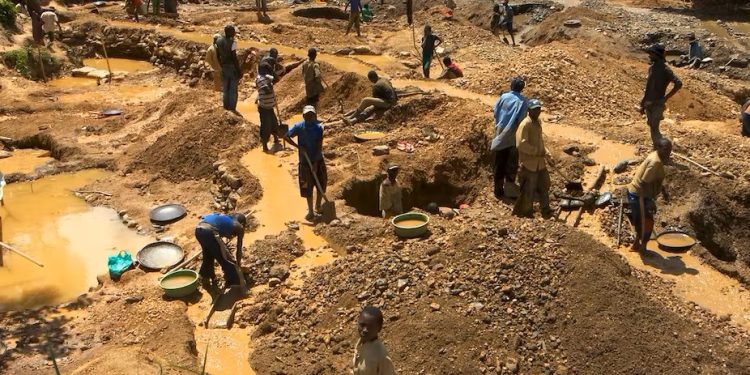Government Urged to Adopt “Green Mining” Model in Fight Against Galamsey
A coalition of Ghanaian law students has called on the government to pivot from punitive crackdowns on illegal mining to a more sustainable, technology-driven framework that balances economic livelihoods with environmental protection.
In a position paper submitted ahead of a civil society engagement with the President on Friday, October 3, 2025, the Legal Green Association (LGA) — a left-leaning group of professional law students — argued that successive administrations have failed to contain galamsey because mining communities view the activity as an economic right, comparable to fishing in coastal towns or salt extraction in Ada.
“The state cannot deprive gold-rich communities of their means of livelihood while others continue to benefit economically from their land,” the group said, noting that enforcement campaigns alone had proven inadequate.
Instead, the association urged government to spearhead a campaign under the banner “towards sustainable mining”, introducing measures such as water purification dams on polluted rivers, mandatory environmental levies on mining operations, and the creation of a Small-Scale Mining Fund to support reclamation, reforestation and eco-friendly practices.
The group also backed the “polluter pays” principle, insisting that miners, both large and small, should be financially liable for ecological damage. “Entities that profit from mining must be held responsible for restoration efforts,” LGA said, while proposing tax incentives for operators that adopt environmentally responsible methods.
Other recommendations included the establishment of regional training centres for sustainable mining, compulsory community mining agreements before licence approvals, and a Green Mining Certificate for operators.
The group further called for advanced monitoring of sites through drones, GPS mapping and annual environmental audits.
The government has signalled its intention to pursue “community mining” as a compromise between enforcement and livelihood protection. But civil society groups remain divided on whether the approach will deter destructive practices or entrench informal operations.
LGA said the test for policymakers would be their ability to forge consensus among stakeholders — from traditional authorities to miners — to ensure what it described as a “real and irreversible” shift towards sustainable extraction.







